|
Rwanda has grown enormously since the 1994 genocide that left close to one million of its citizens dead. A quarter of a century on, the country is globally recognised for its impressive economic growth and is touted by many as an African success story. But, argue Noel Twagiramungu and Joseph Sebarenzi, that success has been driven by an autocratic ruler who has curtailed freedoms and sidelined rural populations.
Now that Felix Tshisekedi is in the driver’s seat as president of the Democratic Republic of Congo (DRC), he’s got his work cut out for him. One of the critical issues he must deal with, writes Thomas Mandrup, is getting the country’s police and army up to speed. As it is, they’re weak and disorganised, and rely too much on international assistance.
|
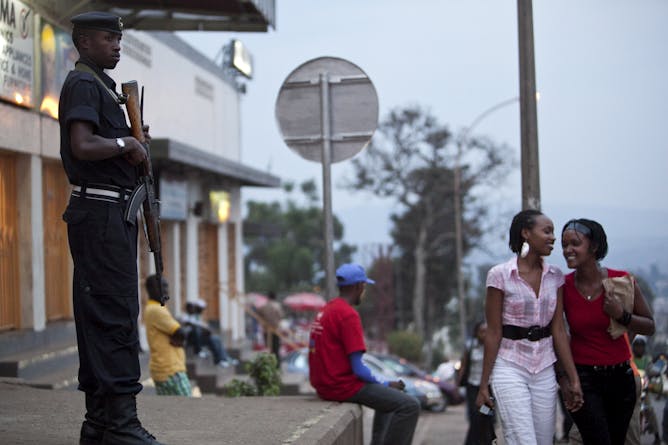
Security is tight in Rwanda’s authoritarian state.
Charles Shoemaker/EPA
Noel Twagiramungu, University of Massachusetts Lowell; Joseph Sebarenzi, Ph.D., SIT Graduate Institute
Rwanda has overcome its past to become a development miracle but if it's not careful, history could repeat itself.
|
Politics + Society
|
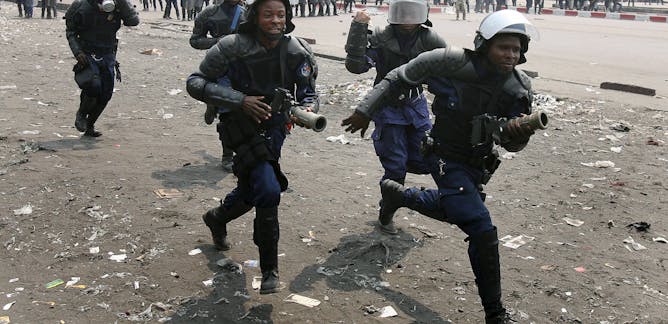
Thomas Mandrup, Stellenbosch University
There is an urgent need to improve the training of both the army and police in the DRC.
| |
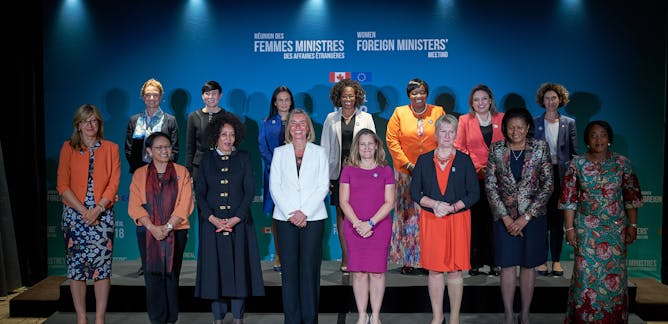
Jo-Ansie van Wyk, University of South Africa
South Africa has a long history of women at the helm of its foreign affairs ministry but this hasn't translated into a gender balanced foreign policy environment
|
|
|
Arts + Culture
|

Alexandra Parker, Gauteng City-Region Observatory
Graffiti contributes to place-making by creating meaningful or identifiable spaces.
| |

Nigel Gibson, Emerson College
The book, Marxism and Freedom was written in 1958. Yet, it remains relevant today.
|
|
|
From our international editions
|
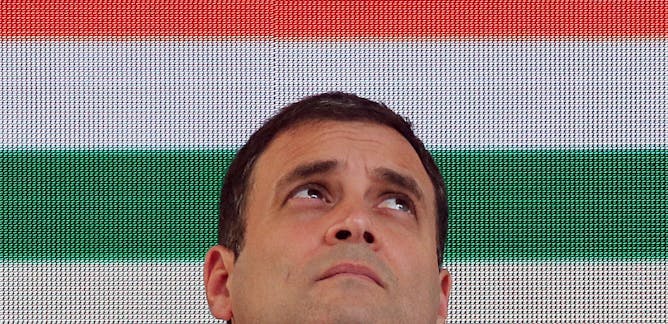
Ian Hall, Griffith University
India’s general election, held over six weeks in April and May, pits the ruling Bharatiya Janata Party’s Narendra Modi against a varied band of opponents, including Rahul Gandhi.
| |

Alexandra Hansen, The Conversation
We asked five experts if a daytime kip is OK. Four out of five said yes.
|
|
|
|
|
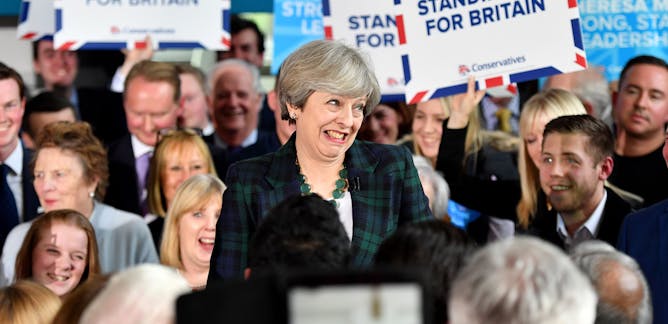
Richard Toye, University of Exeter
No one is saying she has done a stellar job, but other prime ministers have made mistakes like May.
| |
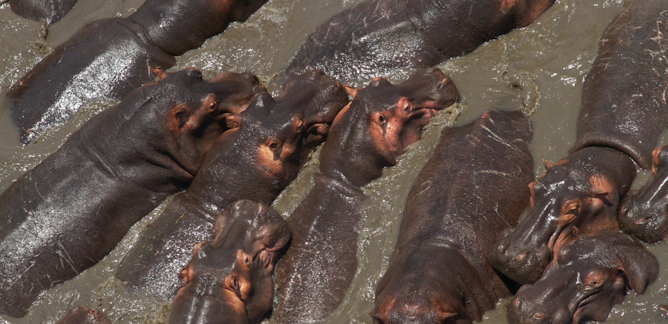
René Bobe, University of Oxford; Susana Carvalho, University of Oxford
Long-standing assumption that humans killed large mammals 4.5m years ago has been debunked by researchers -- but some experts still think humans played a part in the demise of biodiversity
|
|
|